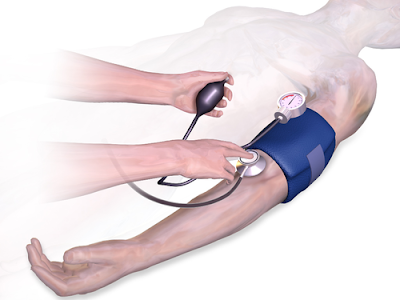What Are Cold Sores and Why is Stress a Factor
Getting a cold sore is never pleasant and sadly will haunt you throughout your life. Just when you have an important meeting or special date set, you can bet your bottom dollar that's the time the cold sore decides to show up.
But what is a cold sore any way and how do you get one in the first place. They are actually caused by a virus (herpes simplex virus 1) which is related to genital herpes but they do not have anything to do with each other and should not be thought of as the same thing.
They usually appear around the mouth area and look like red blisters. It is important that the blister is not picked off or that it is accidentally knocked off while eating as this can cause the sore to spread and may even cause an eye infection.
The only way to catch a cold sore is by coming into direct contact with it, so kissing someone who has the virus is often the way people first catch it. Unfortunately the person you kiss may not have a cold sore at the time but the virus is still present.
Often the first signs that a cold sore is on its way is a tingling sensation which is soon followed by the blisters, which are sore and may leak fluid. These blisters normally last for around 10 days when the scab falls off and the skin underneath can heal.
Once you have caught the virus and after your cold sores have disappeared the virus lays dormant in the nerves until it becomes active again later on. There are many things which can cause the virus to flare up again, things such as over tiredness, strong sunshine and even the menstrual cycle. But suffers find that one of the main causes is excessive stress.
Unfortunately stress is a part of everyday living and is often unavoidable, so does this mean that cold sore suffers will permanently have blisters on their face? Well this may be the case if stress is not managed properly and allowed to take over and weaken the overall health of the person.
Stress Management and stress relief should be taken seriously if you are a sufferer from the cold sore virus to prevent constant outbreaks occurring. Eating well and reducing stimulants in the diet will help your body to cope with stresses better and help protect you from another outbreak of sores.
As for treatment for the actual sores, well unfortunately there's not much that can be done apart from trying to sooth the discomfort with pain relieving creams. Cold sore creams are available and are designed to be used at the first tingling of the virus but they do not prevent the sore from appearing. They may however reduce the length of time the sore is there for. Make sure you always wash your hands after touching the blisters as they are infectious and can be spread.
I am a trained stress advisor (RCN accredited and CPD certificated). I currently run my business from home and have a supporting website http://www.stress-relief-workshop.com
Article Source: http://EzineArticles.com/?expert=Tracy_Tilmouth


Comments